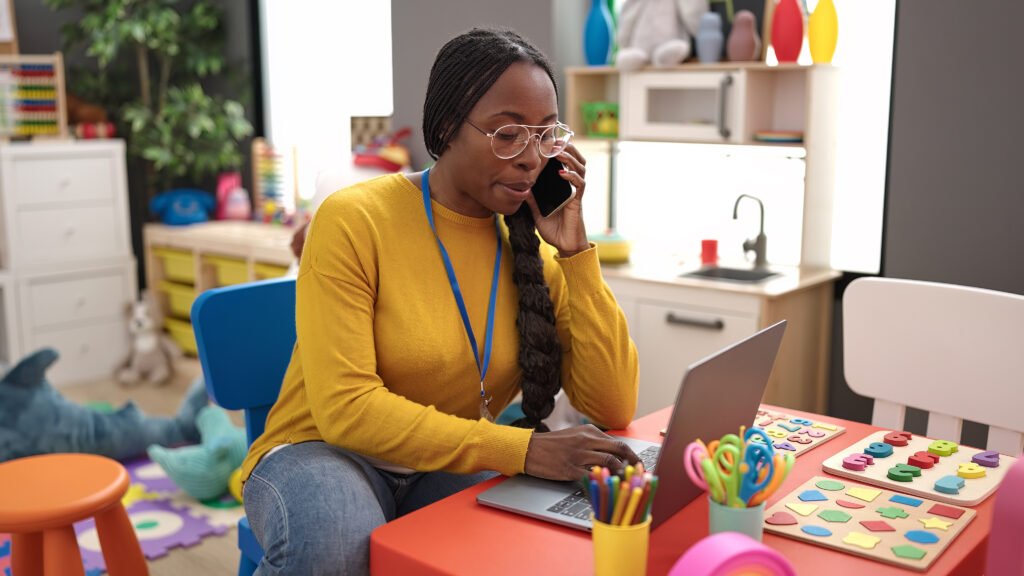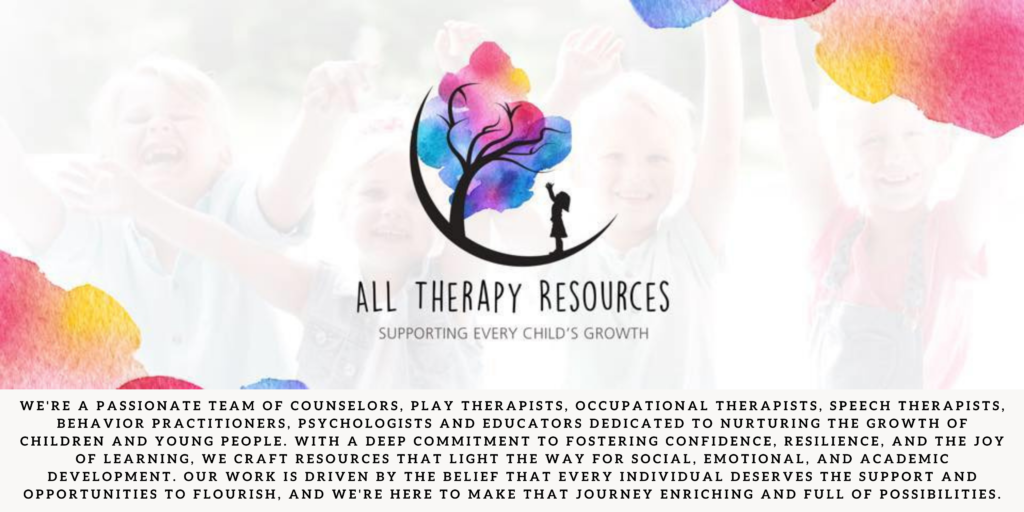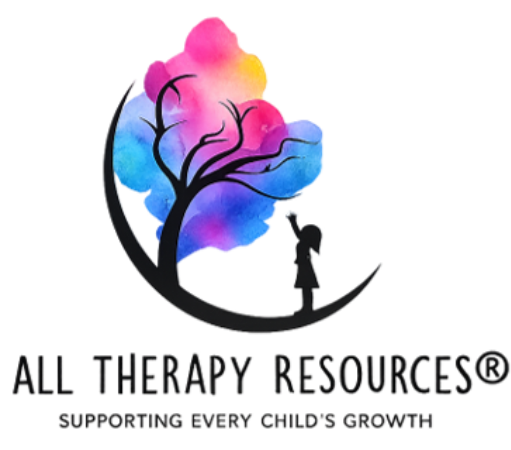
Are Difficult Conversations with Parents Draining You?
As school counselors, psychologists, and allied health professionals, we are constantly navigating emotionally complex spaces. One of the trickiest areas? Communicating effectively with parents—especially when the topic involves sensitive behavior concerns, academic struggles, or mental health needs. Have you ever walked away from a parent conversation thinking, “That didn’t land the way I wanted it to” or “I wish I could’ve said that better”? You’re not alone.
In this blog, we’ll explore research-based strategies and real-world insights to improve parent communication, reduce defensiveness, and foster strong home-school partnerships. Because when connection leads the way, change follows naturally.
Why Parent Communication Matters More Than Ever
Parents and caregivers are not just “extras” in a child’s educational journey—they’re co-pilots. Effective communication builds trust, helps parents feel seen, and sets the foundation for collaborative support. When done well, it can lead to:
- Better carryover of strategies at home
- Increased parent engagement in school-based supports
- Reduced conflict and misunderstanding
- Stronger emotional outcomes for children
On the flip side, poor communication can damage relationships, create resistance, and sometimes cause more harm than good.
As professionals who work in school counseling, play therapy, and mental health, we know that how we communicate matters just as much as what we say.
From Criticism to Curiosity – A Shift in Approach
When I first began working with families, I was eager to share what I observed in sessions or in the classroom. But sometimes, despite my best intentions, my words landed as criticism. One particular parent meeting stands out—I shared behavioral patterns I was noticing and suggestions for change. The parent became defensive and withdrawn. I realized I hadn’t paused to understand their lived experience or what the child’s behavior meant at home.
This taught me a powerful lesson: Start with curiosity, not correction.
Before diving into strategies, ask:
- “What are you noticing at home?”
- “What’s been working well for you?”
- “How do you feel about what’s happening right now?”
These open-ended, non-judgmental questions shift the dynamic from “expert talking at parent” to “team figuring it out together.”
Strategies to Foster Stronger Parent-Professional Communication
1. Use Emotionally Safe Language
Avoid words that imply blame, such as “should,” “need to,” or “you must.” Instead, frame observations gently and supportively:
Instead of: “You really need to set better boundaries at home.”
Try: “I wonder if some clearer routines might help your child feel more settled in both spaces.”
Trauma-informed communication avoids triggering shame or guilt—and helps parents stay emotionally regulated in the conversation.
2. Validate the Parent Experience
One of the most powerful things we can do is simply acknowledge. Saying things like:
- “This must be really hard for you right now.”
- “You’ve been doing your best—this isn’t easy stuff.”
- “Parenting doesn’t come with a manual, and I appreciate how open you’re being.”
Validation reduces defensiveness and opens the door to honest dialogue.
3. Mirror Their Hopes and Goals
Often, we lead with goals based on what we’ve seen in school or therapy, but parents have their own hopes—sometimes hidden beneath stress, fatigue, or overwhelm. Try asking:
- “What would a good week look like for your child?”
- “What do you hope your child feels more confident about?”
Reflecting their hopes shows you’re aligned—not just professionally, but personally. 4. Avoid Overloading with Information
Counselors are often passionate and well-read, but info-dumping rarely works. Too much data or jargon can overwhelm and confuse parents, especially during emotional conversations.
Stick to the essentials. Prioritize 1–2 strategies or insights, and follow up in writing if needed.
The Power of Connection: What I Learned the Hard Way
I remember working with a student navigating big feelings and school refusal. I had developed a careful step-by-step plan—but in my eagerness to “fix” things, I overlooked the parent’s own trauma history and cultural background. It wasn’t until I slowed down, listened deeply, and built rapport over several conversations that we made real progress.
The child made gains not just because of the plan, but because the parent felt heard, seen, and empowered.
That experience continues to shape how I work today. I enter every parent conversation with the mantra: Connection before correction.
Quick Wins: Practical Communication Tips
- Start Positive: Lead with a genuine strength or celebration, no matter how small.
- Use “We” Language: Say “We’re noticing…” or “We can work on this together” to emphasize partnership.
- Be Culturally Responsive: Respect cultural norms around parenting, communication, and help-seeking.
- Give Space for Emotion: Sometimes parents cry, get frustrated, or go quiet. Give them grace.
- Follow Up Promptly: A short note or email summarizing key points and supports builds trust and keeps the momentum going.
What to Do When It’s Not Going Well
There are times—despite our best efforts—when communication still feels strained. Don’t take it personally. Parents may be carrying invisible burdens: past school trauma, mental health challenges, or burnout.
In these moments:
- Stay calm, grounded, and present.
- Reflect on your tone and approach.
- Consult with colleagues for support.
- Offer another time to talk if needed.
And always return to compassion: we’re all just trying to help children thrive.
Final Thoughts – Let Connection Lead the Way
Effective parent communication is not about perfection—it’s about presence. It’s about choosing curiosity over correction, empathy over expertise, and connection over control.
As school counselors, psychologists, and allied health professionals, we’re in a unique position to model respectful, trauma-informed communication every day. And when we do? We don’t just support the child—we empower the whole family system.
Ready to Strengthen Your Skills and Support More Families?
If you found this post helpful and want access to more trauma-informed resources, tools, and strategies designed specifically for counselors and allied health professionals, check out the All Therapy Resources Membership. It’s packed with ready-to-use materials, counseling tools, and exclusive blog content to support your everyday practice.
Together, let’s keep building bridges—one conversation at a time.








